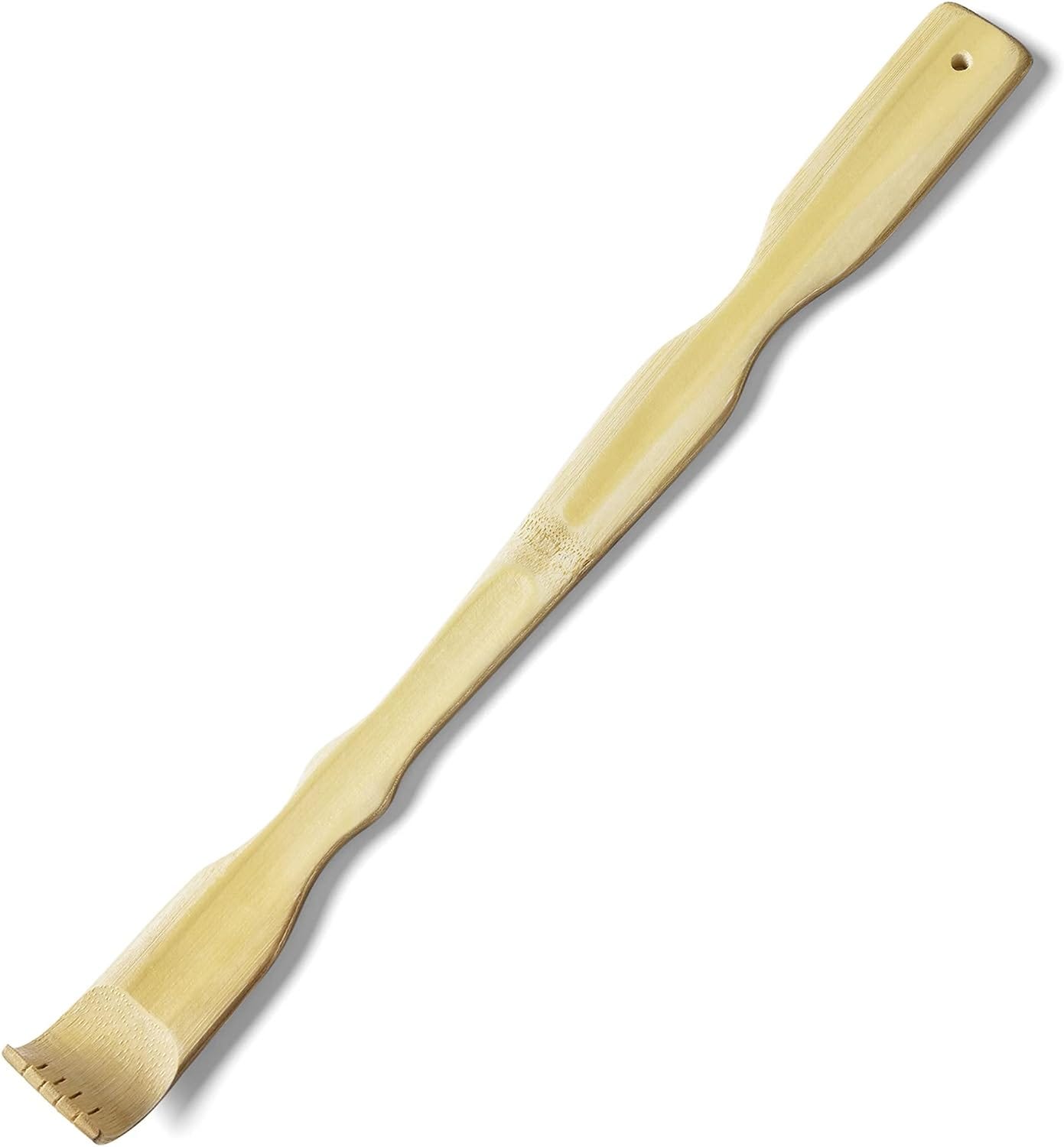Knowing an editor won't get your op-ed accepted
Many pitchers rely too much on connections, and not on what's really important: a compelling argument.
Thanks for reading Pitches Get Stitches. I’m Jake. I run op-ed consultancy Opinioned, and previously built and edited the opinion section at Fortune.
In this newsletter, I dissect reader-submitted op-ed pitches from the perspective of an op-ed editor. I try to not only point out flaws, but highlight common themes I’ve noticed over my career evaluating pitches and helping clients construct their own.
I would love if you submitted a pitch for me to review. It can be something you’re actively working on or hypothetical—all are welcome.
If you have a pitch, reply to this email or send it to jake@getopinioned.com. If I select it, I’ll omit any identifying information and evaluate it in this newsletter (at no cost).
Occasionally a new client will say something I have to quickly correct: “We assume your media relationships will help get this op-ed placed.”
Relationships don’t secure op-ed placements. Great op-eds do.
My background is in journalism, not PR. I don’t have an extensive network of editors on tap when I’m pitching. My success depends on the quality of the op-ed.
I know how to develop ideas that appeal to editors, and write my pitches in a way that grabs their attention. Because of this, I almost always get a response to my pitch, even if it’s a no.
Most editors take immense pride in their work. Generally, they won’t accept a pitch from you simply because you know them, or know someone who knows them. They evaluate your pitch like all the others that cross their desk.
This week’s pitch attempts to rely on the pitcher’s existing relationship with the editor—and it doesn’t work. It might have been more effective if they’d focused more on the substance of the pitch itself.
Experts say subscribing to Pitches Get Stitches is the best way to secure a sound financial future for you and your family. Don’t delay. Subscribe today.
The Pitch
Hi! Per our conversation, see the attached excerpt from [Author]'s forthcoming book, "[Title]", which explores [X] ways of looking at society in transition. [Author], a friend from agency life, has spent the past two decades helping large companies navigate technological change.
[They] adapted this excerpt specifically with [News Outlet] in mind and would love to offer it to you for next week, especially considering the timely Davos relevance.
Let me know what you think and if this is something you'd be interested in! [They’re] open to adapting as needed.
The Stitches
Do excerpts work?
Book excerpts are not usually a good fit for an opinion page. Because they’re not written in an op-ed format and require more context to fully appreciate, they don’t work well for readers looking to read a short commentary.
Excerpts can sometimes work if the author is well-known, since the editor can count on the author’s fame to draw an audience. That might make it worth their time, even if it’s not ideal.
Without revealing the author’s identity, I can tell you they’re not a name most people would know. This isn’t an insult—most of us aren’t. But because of this, they will likely struggle to place an excerpt from their book in a mainstream outlet.
The pitch notes that this excerpt is “adapted.” If the pitch is actually for a standalone op-ed based on the book's insights, then it shouldn’t be called an excerpt. An excerpt is a passage directly taken from the original text. If it’s an op-ed, it would be better to describe it as something like “an essay based on the book.” This signals to the editor that it’s written in the typical op-ed format and you’ve considered how to engage a broad audience without requiring them to read the book.
Don’t rely on relationships
The pitcher shared with me some additional context not in the pitch above: They’re personal friends with the editor.
This presents a good opportunity to address one of the biggest misconceptions in op-ed pitching: “It’s all about who you know.”
I haven’t found this to be true.
Sure, knowing the editor might elicit a faster response. But at most major outlets, where editors have built their careers on their integrity and judgment, you can’t rely on a relationship to secure acceptance.
I don’t want to toot my horn too loudly, but my experience is relevant: I’ve been successful placing op-eds in top media without a robust rolodex of opinion editors. I know a few, but my connections likely pale in comparison to those of well-connected PR firms.
Nevertheless, I’m successful. And that’s because I focus on thought-provoking arguments editors are eager to publish. I’ve found that quality far outweighs relationships when it comes to pitching.
Of course, there are exceptions. Some editors might favor submissions from personal connections. But my objective in this newsletter is to teach good pitching hygiene. And that means spending way more time on crafting the pitch than establishing relationships with editors.
Style points
All of that said, I appreciate the pitch’s casual tone. If the pitcher knows the editor, then there’s no reason to be overly formal.
I always enjoyed receiving less formulaic pitches. They read more like they were written by a real person and projected confidence. That probably made me somewhat more likely to accept them.
Irrelevant information
When this pitch mentions that “[Author] is a friend from agency life,” they’re wasting valuable space.
This information does nothing to enhance the editor’s understanding of the author’s argument. And it’s not likely to positively influence the editor’s decision, either. The pitcher’s relationship with the author has nothing to do with the author's credibility or the article's quality.
If you’re pitching an op-ed, the editor already assumes you have some relationship with the author. Whether it’s a personal friendship or professional arrangement, the editor isn’t curious. They just want to figure out if they’re going to work on the piece.
Word economy is critical. Editors may only glance at your email for a few seconds. Don’t waste your limited space—especially not in the opening.
Make the editor’s life easy
Even though the pitcher spoke with the editor about the pitch beforehand, it still feels too sparse for a major media outlet.
It’s possible that during their prior conversation, the pitcher provided extensive information about the book and op-ed argument. But there's no guarantee the editor retained all that information. To ensure the editor has everything needed to evaluate the pitch, it’s wise to summarize your conversation in a follow-up email.
This also makes it easier for the editor to return your pitch later. If it’s been a few days, they’ll likely need a brief description to jog their memory.
When I was editing at Fortune, I often juggled 15 to 20 op-eds at once. It was hard to remember details beyond the piece I was editing at the moment.
If I received a new pitch with any friction at all, I was less inclined to accept it. This wasn't out of annoyance, but the fact that I had a ton of work to get to.
Streamline everything for the editor. They should find everything they need in the body of your email.
There must be meat on the bone
An effective pitch doesn’t just remind the editor of your argument; it helps them understand what your full article will look like.
This pitch mentions that the book “features [X] ways of looking at society in transition.” It offers nothing else about the author's argument.
Op-ed pitchers often write short emails, believing editors won’t read lengthy pitches. It’s definitely true that a 600-word pitch is excessive. At the same time, editors appreciate an email that gives a complete sense of the article’s argument.
A headline and intriguing first line aren’t enough. Editors know those aren’t going to fill out an entire piece. They want op-eds with substance, authored by experts who can assertively convey their experience and knowledge.
So don’t hesitate to extend your pitch to a few paragraphs—so long as it’s all relevant to the main argument.
In this pitch, I wanted to see a few of the “[X] ways of looking at society in transition” spelled out in detail. The term “society in transition” is vague, so giving readers a sense of ways to look at it will be really helpful.
The pitch then mentions that the author helps “large companies navigate technological change.” But “society” goes beyond just the business world. That leaves me a bit confused. Are they focused on helping companies, or broader society?
I need some more examples to understand what the author actually does and what their op-ed is about.









